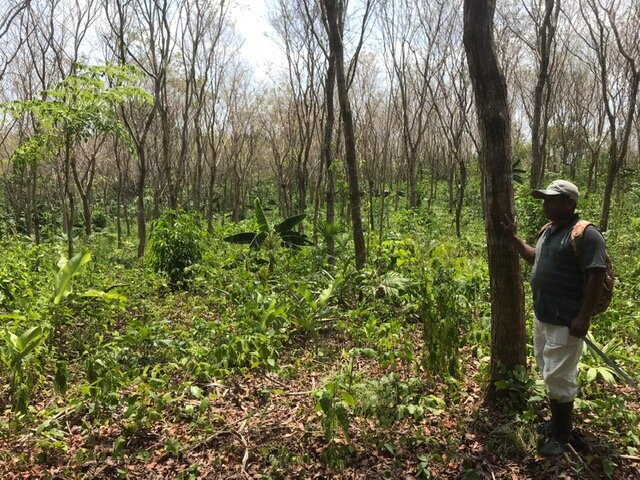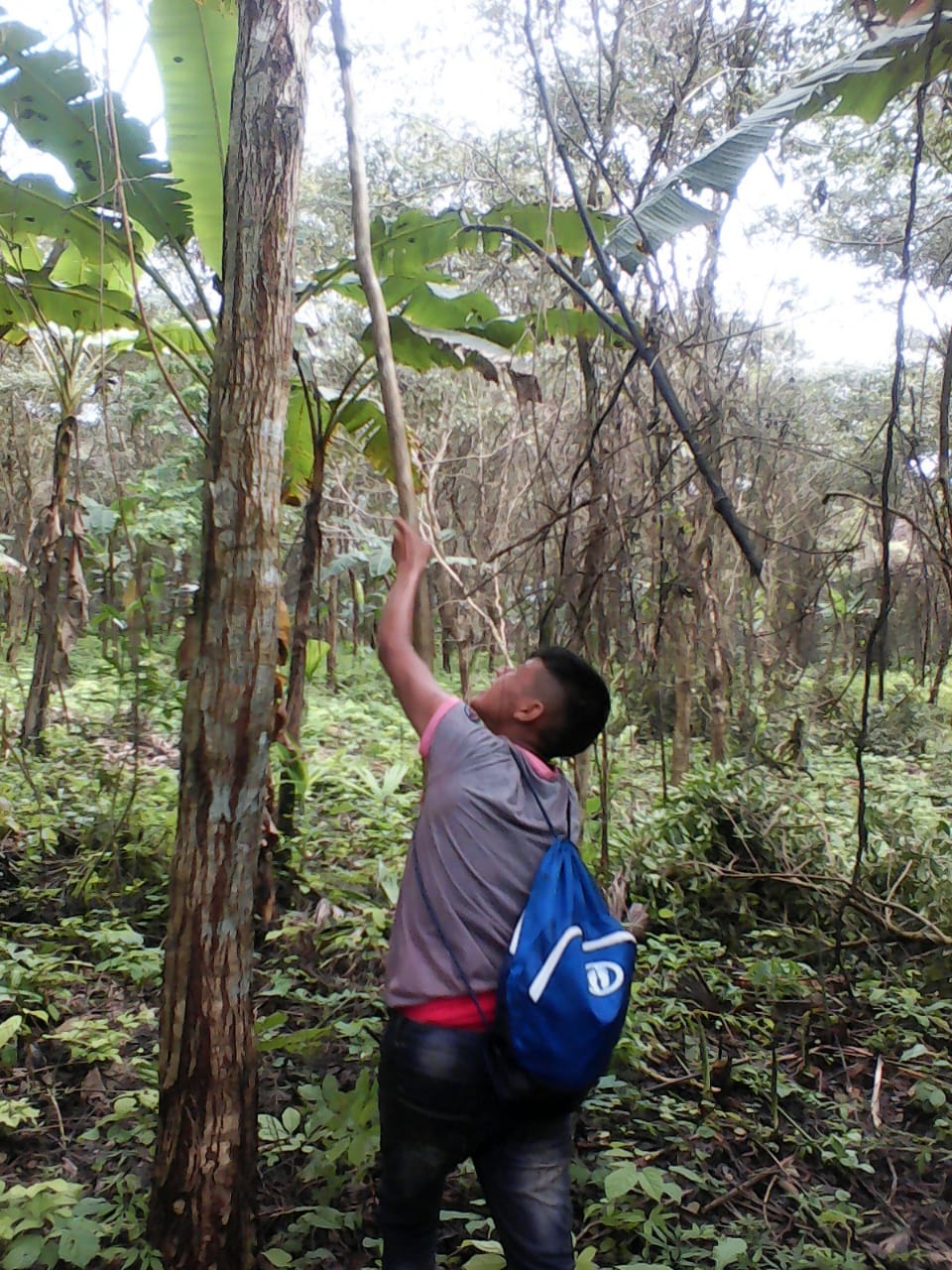Growing Demand for Cocobolo Wood
/A Cocobolo tree on the side of the Inter-American Highway in Darien, PanamaCocobolo, (Dalbergia retusa) or Rosewood as it is commonly known, is one of the world’s most desired tropical hardwoods. Demand for the timber has reached record levels as of late, particularly in Asia, where it is so valuable that it’s sold in weight instead of the normal board feet measurement. This increasing demand is fueling illegal logging of virgin stands of Cocobolo in Central America, and even as far away as Madagascar.
Logging of Cocobolo has reached a feverish pitch in Panama, where loggers are encroaching illegally onto Indigenous Peoples’ land to extract the wood. As with most logging, the “poachers” are not discriminate when they harvest the Rosewood - they destroy significant amounts of forest to reach the one tree they want to harvest. The wood is culturally important to the indigenous, who use it medicinally and to create artisanry.
A current hot spot is the Maje region, in the southeastern portion of the Panama province. There the Embera/Wounaan, one of the most organized indigenous groups in Panama, have been denouncing the illegal logging regularly. In the latest illegal logging denouncement made on a Panamanian TV morning talk show, they stated that loggers had destroyed 100 hectares of forest (250 acres) to get to the Rosewood logs. Unfortunately, the tension reached a boiling point when one indigenous leader and an alleged logger were killed.
Even though Panama has a moratorium on Cocobolo logging, suspected corruption within the government environmental ministry has enabled the illegal logging to continue. The authorities have also made significant recoveries of illegal felled Rosewood, but the destruction continues. The months of January through April are the traditional logging season in Panama, so during this short window loggers are concentrating their efforts in the areas where institutional oversight is weak.
Demand for Cocobolo isn’t likely to go away, and illegal logging of this resource will only accelerate if left unchecked. Governments need to understand the cultural significance of the Cocobolo tree to Indigenous Peoples, and need to take a stronger stance on enforcing Indigenous Peoples’ land rights.
On the supply side, plantation-grown Cocobolo can help meet market needs while reducing pressure on first-growth forests. Through our sustainable forestry model, we’re partnering with the Embera/Wounaan community of Arimae to produce Cocobolo, along with several other valuable tropical hardwoods native to Panama.




